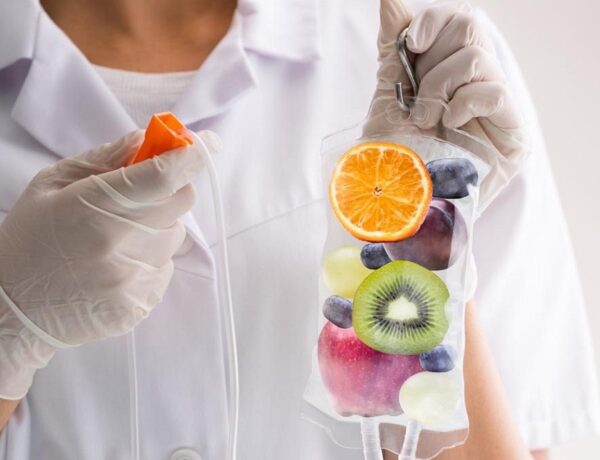Table of Contents
There is a drug crisis happening in the United States that many families are struggling with, and the consequences can be deadly. According to U.S. Centers for Disease Control and Prevention, there have been nearly 841,000 deaths caused by drug overdose since 1999. In 2019, more than 70,000 people died because of a drug overdose.
The COVID-19 pandemic is only making these statistics worse. According to preliminary CDC research, 2020 is expected to be the worse year on record when it comes to a drug overdose. The year saw many Americans continue to struggle with their mental health thanks to quarantine, uncertainty, and isolation. The result was that many turned to drugs and alcohol as a way to cope.
If you have a loved one that is struggling with addiction, the first step is getting them to admit that they need help. From there, they need to decide which is the best option for moving forward.
Detox
Detoxification — often referred to as detox — is one of the first steps that addicts typically need to take when getting help and getting clean. Detox is not a treatment. Instead, it is the process the addict goes through of withdrawing from the drugs or alcohol and getting them out of their blood system. It is important not to go through this process alone. Instead, you will need the help of a medical professional who can help you navigate the process and deal with such side effects as vomiting and nausea, fever and hallucinations that can make it unsafe to go through alone.
Inpatient Treatment
After detox, you will probably need to seek out professional help. Many people often choose to seek that help at an inpatient treatment center. This will ensure you have round-the-clock care as your work to fight your addiction and work on yourself. These inpatient treatment centers can also help you focus on your mental health, which is often at the root cause of your addiction.
Outpatient Treatment
If you are unable to go to an inpatient treatment center, because of life commitments, there are many outpatient options available that can meet your needs. These programs will serve many of the same functions as an inpatient treatment program, however, you will spend the night at home and not in the treatment facility. One of the drawbacks to outpatient treatment is that you do not have the 24/7 care that inpatient centers provide. You may also still have access to many of the temptations that helped to drive your addiction in the first place.
Aftercare
The road to recovery is long and does not end after treatment. Once you have been addicted to drugs or alcohol, recovering often requires a level of ongoing support to help ensure that you do not relapse. This often takes the form of support groups and mental health care. This may also mean ongoing support with your family who will need to help support your sobriety.
Are you ready to get help for your addiction? You can learn more by visiting https://www.vsmdetoxaustin.com/.





No Comments